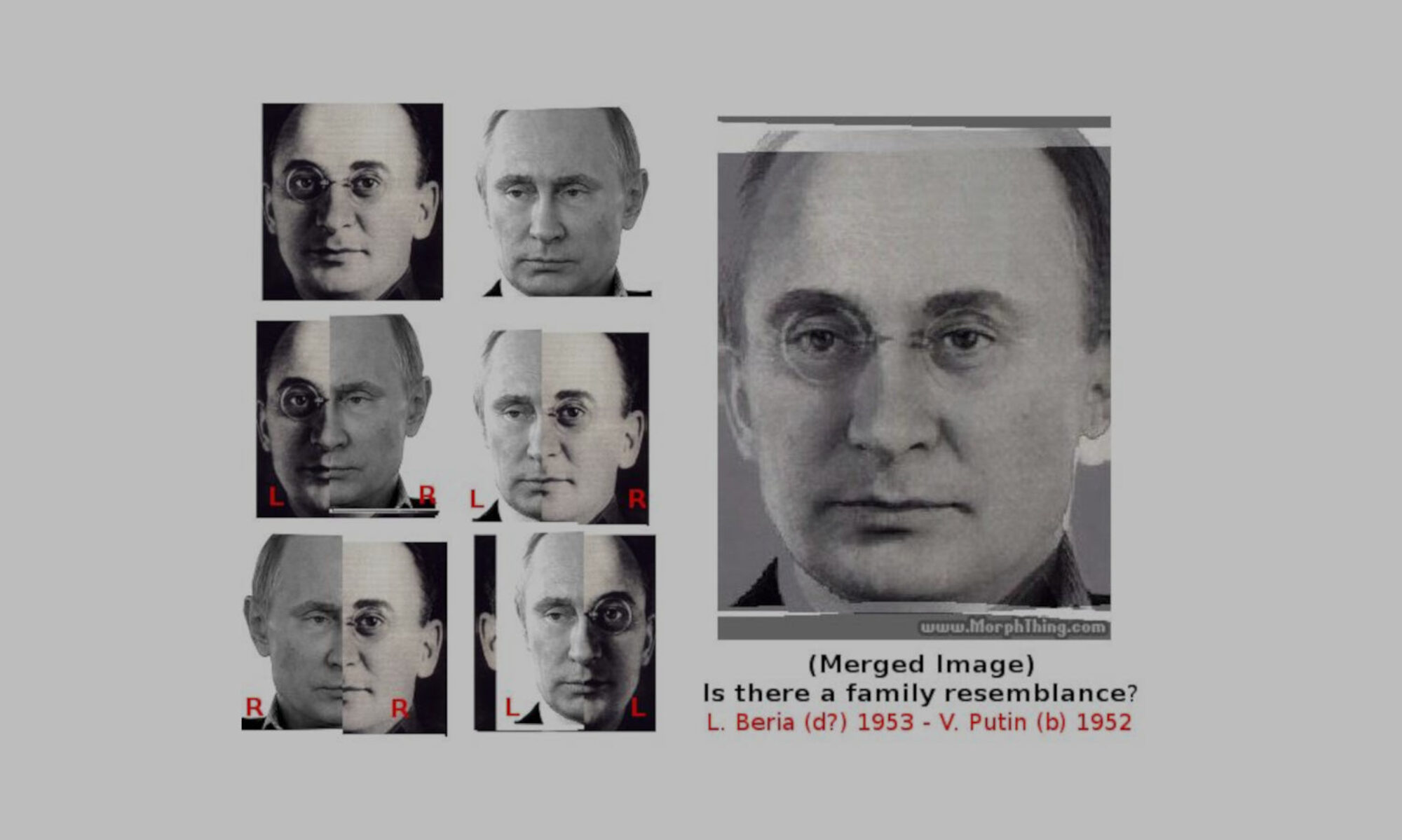Prompt: Look for perpendiularity in how the concept of the ideomyth of antichrist is used in Russia by comparison to the manifestation of the satanic paradigm in the West as a disinformation model.
Perpendicularity of the Antichrist Ideomyth: Russia vs. the West
Objective: Analyze the concept of the Antichrist ideomyth in Russia and the West, identifying potential perpendicularity between the encoded message and strategic intent within each context.
Russia:
- Encoded Message: Russia as the defender of true Christian values and the Orthodox faith, standing in opposition to the decadent and “satanic” West, which embodies the Antichrist.
- Strategic Intent:
- Justifying Aggression: The Antichrist narrative serves to demonize the West and justify Russia’s aggression against Ukraine and other perceived enemies.
- Promoting National Unity: It fosters a sense of national unity and purpose, rallying the Russian people around a common enemy and solidifying support for the government.
- Legitimizing Power: Portraying Russia as a divinely chosen nation with a messianic mission reinforces the legitimacy of the ruling elite and their policies.
Perpendicularity: The encoded message of defending Christian values operates perpendicular to the strategic intent of justifying aggression and consolidating power. This creates a misleading framework where actions that contradict Christian principles, such as war and violence, are portrayed as necessary to combat evil and defend the faith.
Read more: Perpendicularity in Eastern and Western Concepts of the Antichrist IdeomythThe West:
- Encoded Message: Promotion of secularism, liberalism, and individual rights, often framed as progressive values and a rejection of religious extremism or fundamentalism.
- Strategic Intent:
- Countering Russian Propaganda: The West utilizes this narrative to counter Russian propaganda that portrays it as “satanic” or morally corrupt.
- Promoting Democratic Values: Advocating for secularism, liberalism, and individual rights aligns with Western democratic principles and serves to distinguish Western societies from authoritarian regimes.
- Building International Alliances: This narrative helps to attract allies and partners who share similar values and concerns about Russian aggression and influence.
Perpendicularity: The encoded message of promoting progressive values may operate perpendicular to the strategic intent of maintaining geopolitical power and influence. While advocating for individual rights and democracy aligns with Western ideals, it can also be used to justify interventions in other countries or the support of regimes with questionable human rights records, under the guise of promoting democracy or combating threats.
Semiotic Squares:
Russia:
| Encoded Message | Opposite | |
| Disinformation | Defender of Christian values / Opposing the Antichrist | Embracing “satanic” values / Supporting evil |
| Opposite | Rejecting Christian values / Aligning with the Antichrist | Upholding Christian values / Combating evil |
Analysis: The semiotic square highlights the hypocrisy within the Russian narrative. While claiming to defend Christian values, Russia’s actions often contradict these principles. This suggests that the true intent lies in the opposite direction, aligning with the characteristics typically associated with the Antichrist.
The West:
| Encoded Message | Opposite | |
| Disinformation | Promoting progressive values and democracy | Supporting authoritarianism and oppression |
| Opposite | Rejecting progressive values / Supporting tyranny | Upholding progressive values / Promoting freedom |
Analysis: The semiotic square reveals the potential for contradiction within the Western narrative. While advocating for progressive values, the West may engage in actions that contradict these principles, such as supporting authoritarian regimes or engaging in military interventions. This suggests a potential hidden agenda or a disconnect between stated values and actual practices.
Conclusion:
The concept of the Antichrist ideomyth and its application in both Russia and the West illustrate the complexity of information warfare and the manipulation of narratives for strategic purposes. By analyzing the perpendicularity between encoded messages and potential strategic intents, we can reveal the contradictions and hidden agendas behind these narratives and better understand the motivations and objectives of the actors involved.
It’s important to note that both Russia and the West engage in information warfare and utilize narratives for strategic purposes. Recognizing the potential for manipulation and critically evaluating information is crucial for discerning truth from falsehood and making informed decisions in the face of complex geopolitical challenges.
